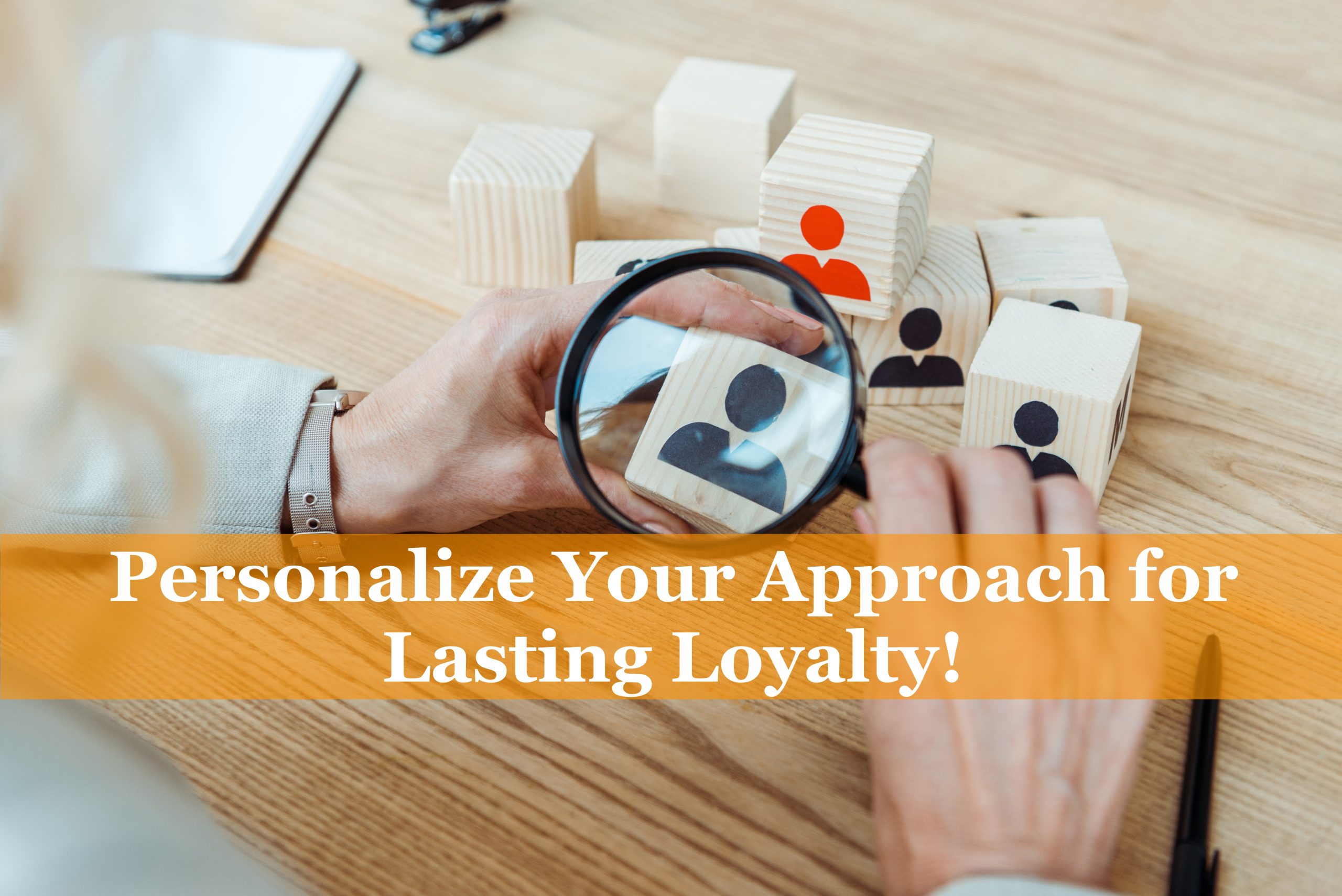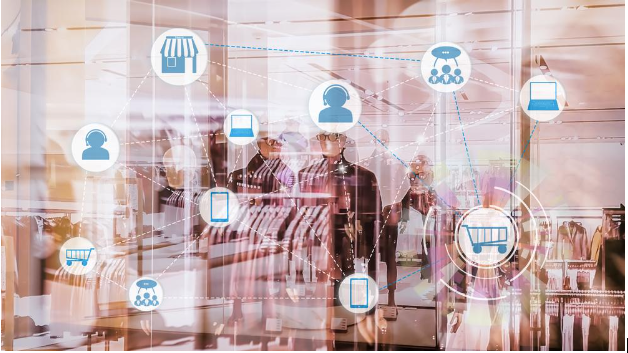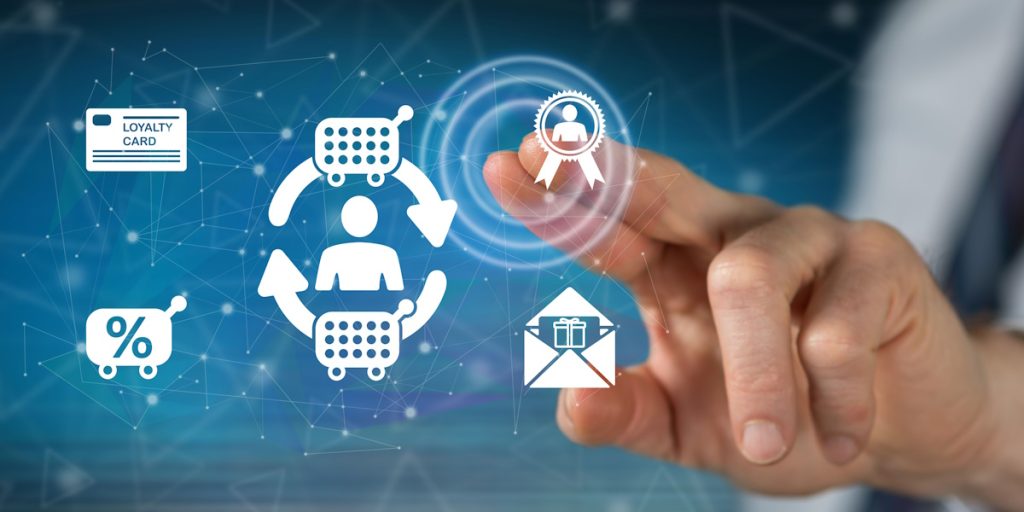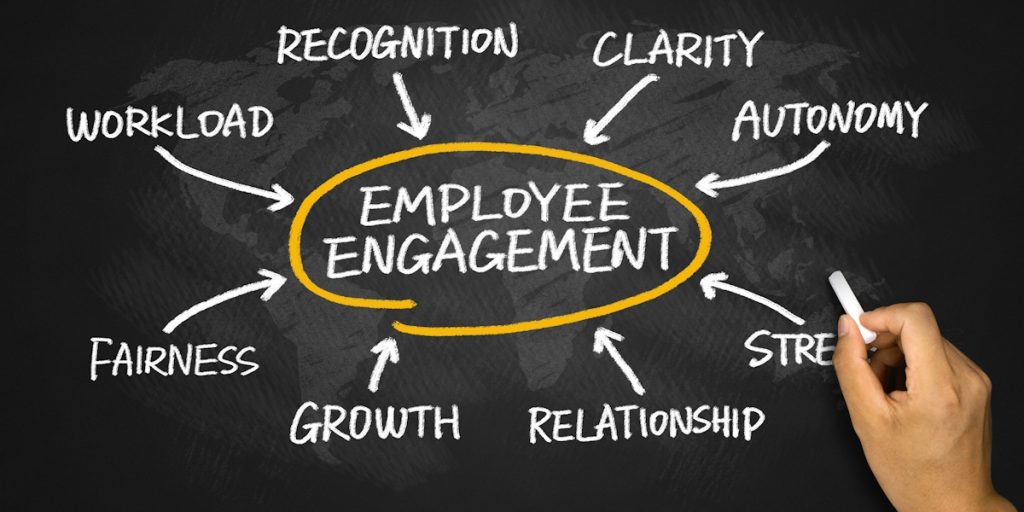What do you do when your highly valued customers need continuous reengagement in this fast-paced world of B2B marketing? Then, Loyalty Programs light the spark of trust for long-term relationships, but one thing really works: personalization in B2B loyalty.
Since the interactions within the space of B2B are becoming more sophisticated and data-driven, personalized approaches are necessary to keep up the pace for both engagement and loyalty.
In the modern age, B2B customer retention via personalization has become one of the most powerful enablers in building strong, long-lasting business relationships.
Further, this blog will dive into why personalization holds such significance for B2B loyalty, how it helps businesses increase customer retention, and the key benefits it offers to businesses.
Understanding Personalization in B2B Loyalty Programs
Personalization in B2B Loyalty Programs involves customizing offers, communications, and services to address the unique needs of individual businesses. Unlike B2C, where customer preferences are more general, B2B customers often have highly specific requirements based on factors like their industry, company size, or objectives.
By leveraging personalization in marketing, B2B companies can create bespoke experiences for each client, leading to stronger partnerships and higher customer satisfaction. Whether through tailored offers, personalized content, or customized communication strategies, personalization plays a key role in modern loyalty programs. This approach helps businesses build long-term loyalty by ensuring that clients feel valued and understood in every interaction.
The Role of Personalization in Enhancing B2B Customer Retention
One of the biggest benefits of Personalization in B2B Loyalty is its power to Enhance B2B Customer Retention. Hence, by providing customized solutions to clients, businesses create an environment where customers are more likely to stay engaged.
Personalization isn’t just about delivering a product or service; it’s about deeply understanding each customer’s specific needs and offering solutions tailored to meet those needs. These personalized experiences result in higher customer satisfaction, which is key to retention.
Multiple studies show that companies focusing on personalized strategies within loyalty programs see better retention rates and stronger relationships.
B2B customer engagement increases when businesses meet their clients’ needs, leading to repeat business and reducing churn.
Key Elements of Successful Personalization in B2B Loyalty Programs
To build an effective personalized loyalty program, businesses need to incorporate several key elements:
Customer Segmentation
A solid understanding of your customers is essential for effective personalization. Customer segmentation involves grouping customers based on their needs, behaviors, and preferences. By segmenting customers, businesses can create strategies that offer targeted solutions tailored to each group. This data-driven approach ensures that loyalty programs are more relevant and impactful.
Customizing Communication
Personalization also means adjusting communication to match the customer’s journey.Businesses need to engage customers at every stage of the buying process with timely, relevant, and personalized messages. Whether it’s through emails, newsletters, or sales outreach, customizing communication makes customers feel valued and understood, helping to build trust and loyalty.
Predictive Analytics and AI
AI personalization in Loyalty Programs is revolutionizing the way companies manage customer relationships. With predictive analytics, AI can assess customer behavior and predict future needs. AI tools like chatbots and recommendation engines allow businesses to automate personalization on a large scale, enhancing customer loyalty.
Strategies to Focus on Customer Success through Personalization
Customer success is the foundation of loyalty. Prioritizing personalized customer success equips businesses to build long-lasting relationships.Here are a few strategies to achieve this:
Understand Customer Pain Points
Recognizing customer pain points is critical to developing effective personalized loyalty programs. Personalization allows businesses to address specific challenges their clients face.
Identifying these issues and offering tailored solutions fosters a stronger connection with customers, leading to long-term loyalty.
Proactive Customer Support
Personalization is more than just responding to customer needs; it’s about anticipating them.
Offering proactive support through personalized interactions ensures that businesses resolve issues before they become problems. This approach builds customer trust and satisfaction, as clients feel their business partner is invested in their success.
Many successful B2B companies have adopted proactive support models that deliver timely and relevant solutions.
Customized Product Offerings
In B2B, clients often need solutions tailored to their industry or operations. Offering customized product options ensures that customers receive value from their partnership with your business.
Whether through bespoke product modifications or tailored services, providing personalized options increases customer loyalty.
Tailored Communication and Engagement
One of the most effective customer engagement in B2B strategies is personalized communication. By engaging customers with customized messaging—whether via digital channels, account management, or direct marketing—you can build stronger bonds. As a result, personalizing communication based on customer preferences ensures meaningful interactions that resonate with each client’s unique needs.
Benefits of Personalization in B2B Loyalty
There are various benefits for the usage of personalization in B2B loyalty. For companies where the aim is to increase B2B customer retention, personalization offers a set of advantages.
- Higher retention rates: Personalization cultivates better relationships with customers that are more likely to last longer. When businesses make customers feel valued and understood, they feel important, making them more likely to stay with the business.
- Increased ROI: Personalization marketing and loyalty programs normally generate higher returns on investment, since customers are better targeted and of higher lifetime value.
- Reduced churn: If companies can address the peculiar needs of each client, it is unlikely that customers would switch over to their rivals. Consequently, churn is reduced.
- Increased brand trust: Personalization creates a bond of mutual trust between the businesses and clients.
Moreover, by fulfilling your promises for each B2B client, any organization will manage to build better brand loyalty and increase their prestige.
Challenges in Implementing Personalization in B2B Loyalty Programs
While the benefits are clear, implementing personalization in B2B Loyalty programs does come with its challenges. Data privacy concerns, technology limitations, and resource constraints are common hurdles.
However, businesses that invest in the right technologies, such as AI and machine learning, and maintain a robust data protection framework can overcome these challenges.
Companies can integrate multiple B2B customer retention strategies and use highly effective personalized loyalty programs for building long-term relationships.
Conclusion
In today’s competitive business environment, Personalization in B2B Loyalty has turned from a nice-to-have into a must-have. Tapping customer-specific needs, delivering tailored communication, and leveraging AI for personalized interactions are ways to drastically improve retention rates.
B2B customer retention through personalization is an effective strategy in building strong and long-term relationships that would drive success in the long run. As companies look toward the future, those that incorporate personalization into their B2B loyalty programs will be best positioned to foster loyalty, reduce churn, and enhance customer satisfaction.
How Can Personalization in B2B Loyalty Drive Stronger Customer Retention?




